Beginning Astrology: The 7 Best Books for Learning the Basics
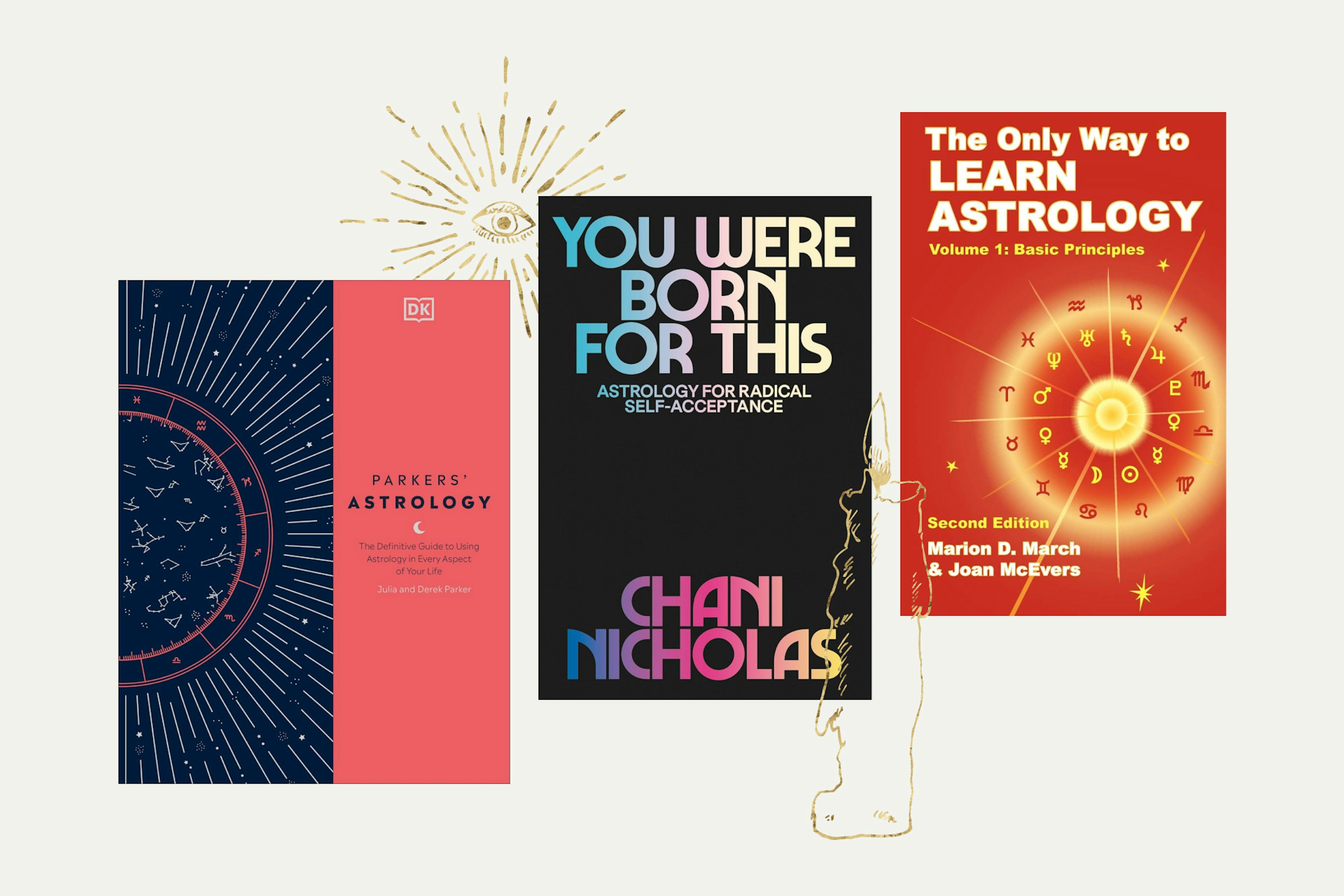
Astrala is supported by its audience. When you purchase through links on our site, we may earn a small commission.
Maybe you’ve had your first astrology reading, and now you want to know more. How does your Moon sign reflect your emotions? What does it mean that two of your planets share the same house? And can the zodiac help you coexist peacefully with your actual roommate?
The internet offers endless information—but sometimes nothing beats a book.
The Book Selection Process
First, I limited these books to the subject of modern astrology with roots in ancient Greece, often called Western astrology. Of course, there are other astrological traditions to explore! For some reading suggestions, check out our more advanced list.
In my experience, there’s no beginner text that earns full marks in every category: a book with excellent detail might be dryly written, or one that’s humorous and memorable could oversimplify concepts. The best beginner books don’t need to be perfect, but my hope is that every budding astrologer picks up the book that best sparks their unique passion.
With this goal in mind, I included diverse writing styles and structures to appeal to different learners in the list of seven beginner books below.
The Beginner Book List
Some of these books are tried-and-true classics while the ones newer to the scene have nonetheless already inspired many folks. Without further ado, here are my big seven for the astrology curious:
Parkers’ Astrology by Julia and Derek Parker: Best illustrated in-depth reference
You Were Born for This by Chani Nicholas: Best for reflecting on your birth chart’s “big three”
The Only Way to Learn Astrology (Volume 1) by Marion D. March and Joan McEvers: Best primer with exercises on interpreting charts
Astrology for Real Relationships by Jessica Lanyadoo and T. Greenaway: Best for interpersonal insight
The Inner Sky by Steven Forrest: Best for language lovers
The Essential Guide to Practical Astrology by April Elliott Kent: Best for relatable, conversational writing
Astrology: Using the Wisdom of the Stars in Your Everyday Life by Carole Taylor: Best accessible overview for true beginners of all ages
Our Recommendations
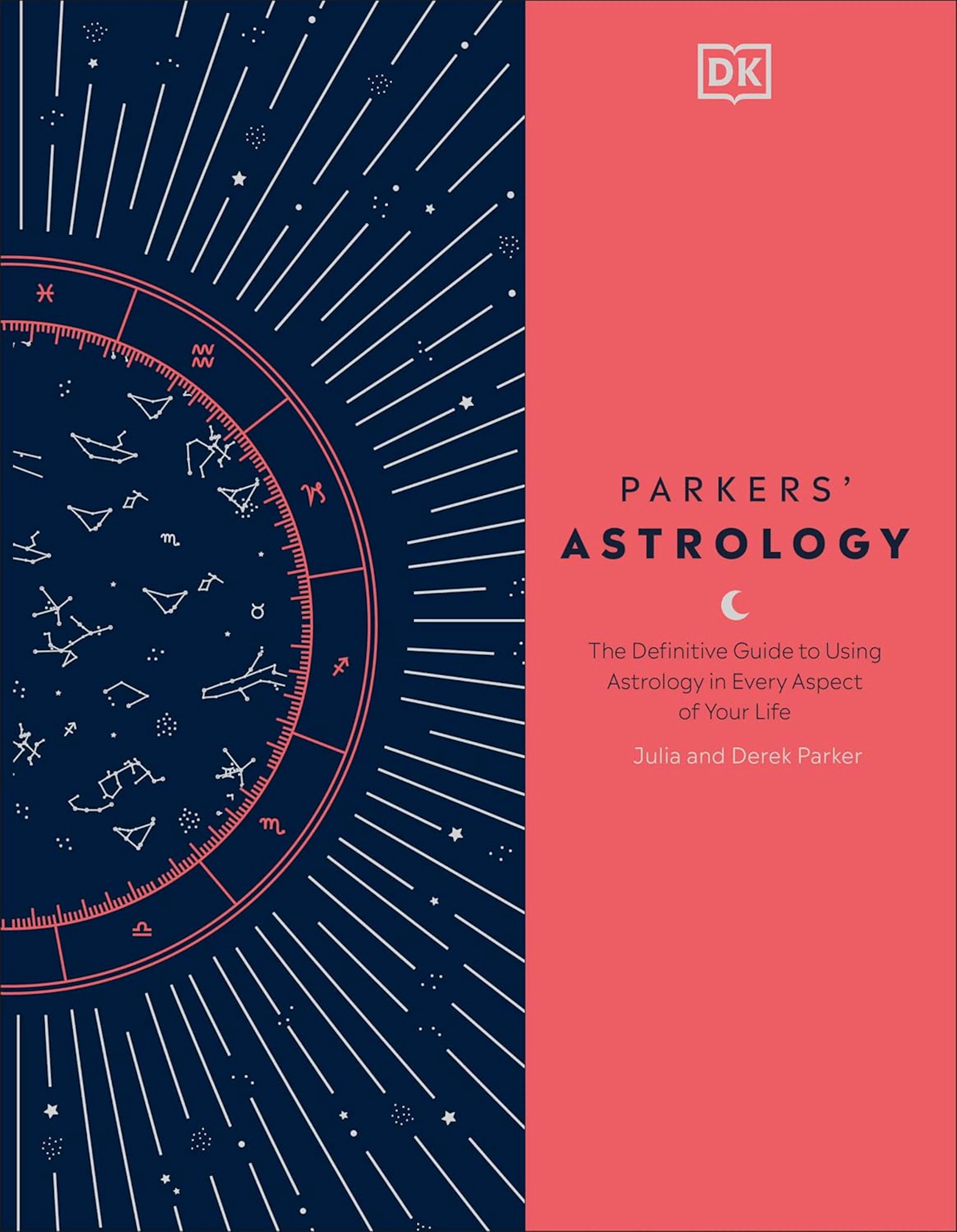
Parkers’ Astrology: The Definitive Guide to Using Astrology in Every Aspect of Your Life
Best illustrated in-depth reference
The latest edition of Parkers’ Astrology is a visually beautiful and clearly written introduction to astrology concepts.
Buy from AmazonMillennials who encountered astrology in childhood may have found their entry point in a 90’s edition of this book. Subsequent updates have kept the text relevant and even more enjoyable to read. Because the book is so thorough while remaining beginner-friendly, its contents will serve you at any point in your study of astrology.
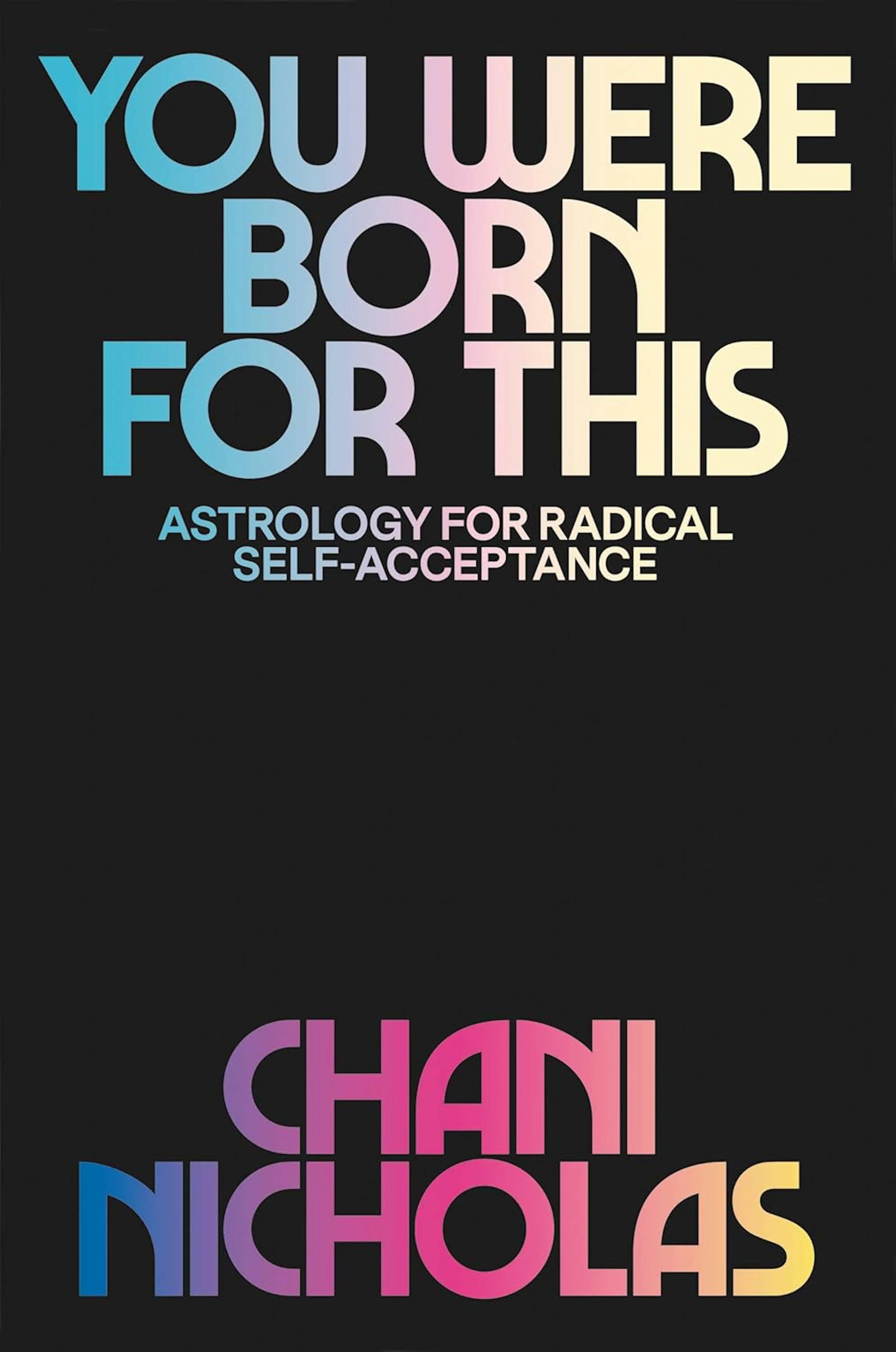
You Were Born for This: Astrology for Radical Self-Acceptance
Best for reflecting on your birth chart’s “big three”
For those drawn to astrology for self-exploration, You Were Born for This pairs thoughtful descriptions with journaling prompts.
Buy from AmazonHyped for good reason, Chani Nicholas brings a compassionate perspective to her interpretation of whole sign astrology. Readers of all ages will appreciate her view of astrology as a tool for empowering the self as well as the collective. The book packages information so that it’s easy to choose your preferred approach.
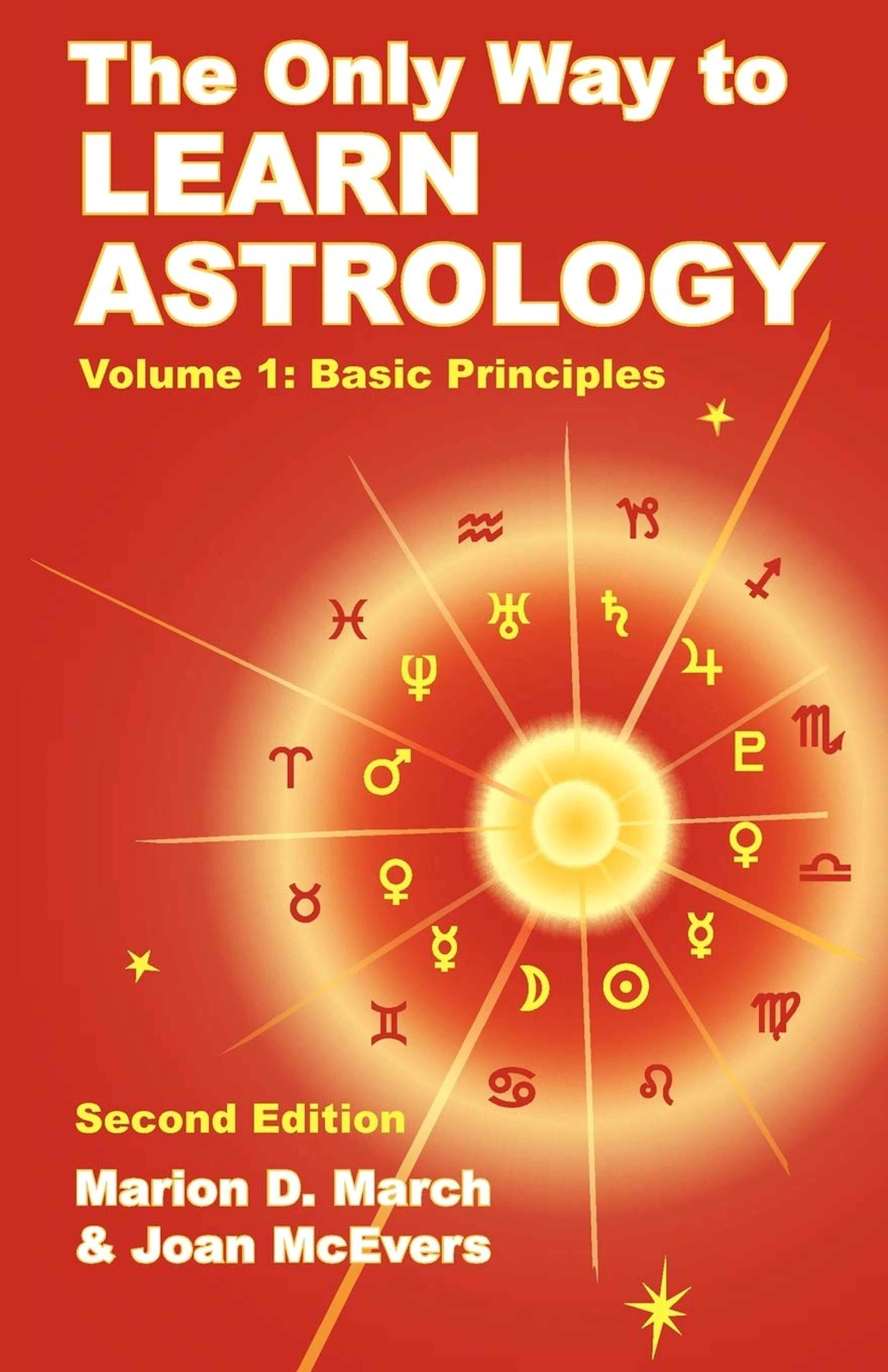
The Only Way to Learn Astrology: Basic Principles (Volume 1)
Best primer with exercises on interpreting charts
Great for learners who appreciate a methodical structure, digestible morsels of information, and regular self-assessments.
Buy from AmazonFor me, completing periodic homework makes information stick. If that sounds a little too old-school for you, this might not be the best place to start. However, March and McEvers do provide many helpful examples of chart interpretation—even if some choices, like analyzing the charts of classical composers, may come across as dated to younger audiences.
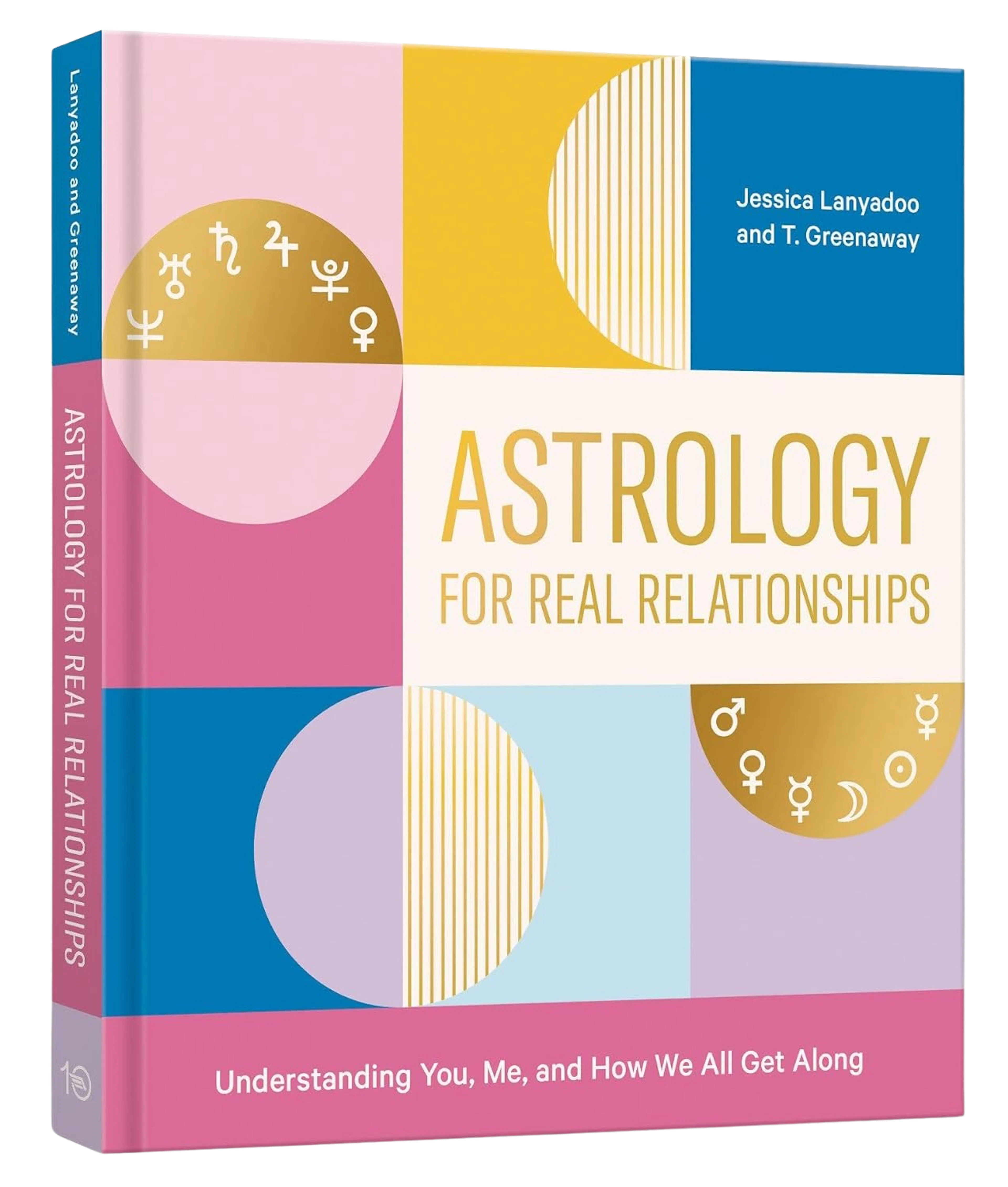
Astrology for Real Relationships: Understanding You, Me, and How We All Get Along
Best for interpersonal insight
With sections on how the celestial bodies affect multiple kinds of relationships the information is straightforward and the design attractive.
Buy from AmazonLanyadoo’s popularity as an astrologer is due in part to her ability to translate the sky’s messages into practical advice. Her gentle, on-point reminders can also be found on her podcast and social media, making her a good guide for young people who want to integrate astrology into the daily technologies of their lives.
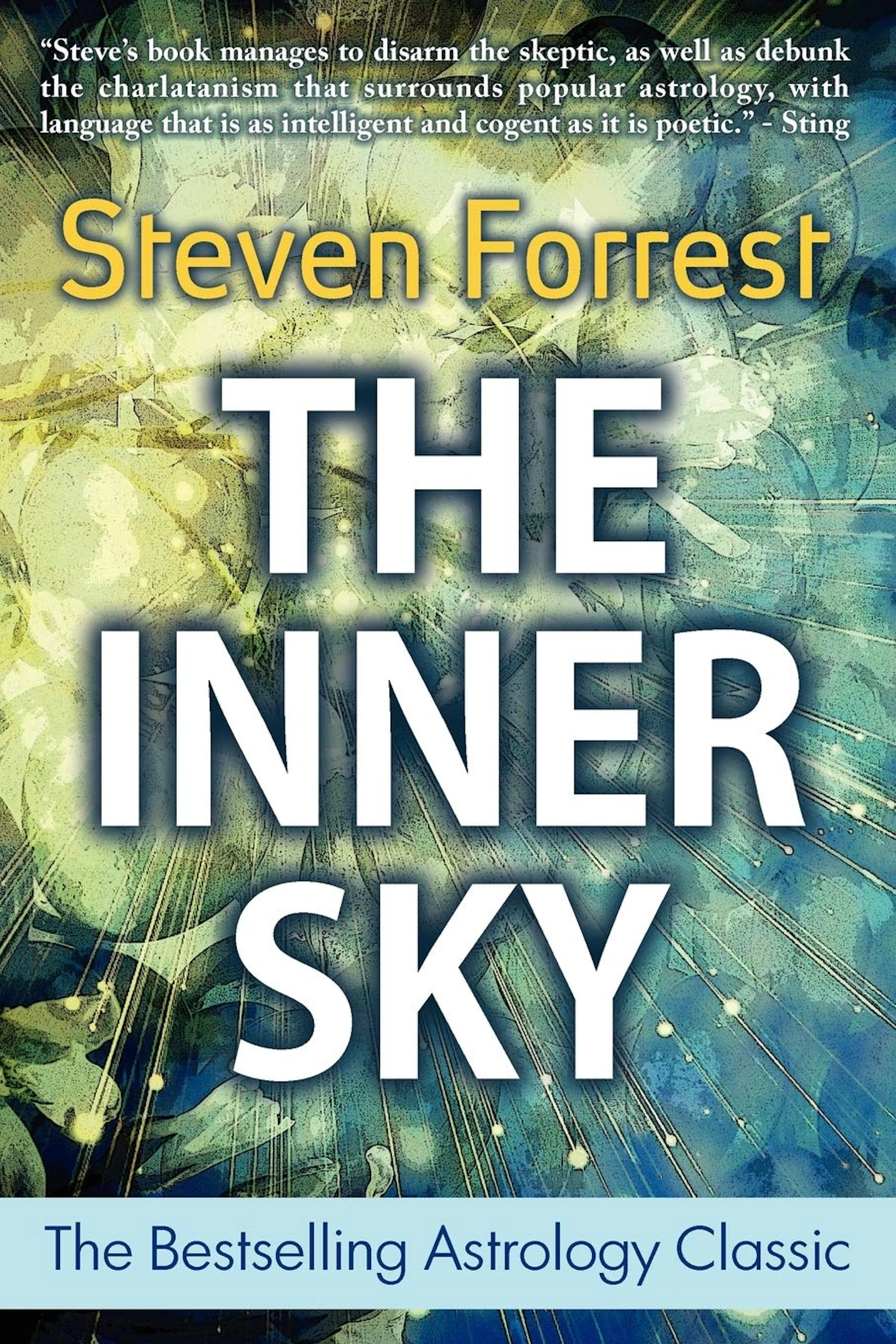
The Inner Sky
Best for language lovers
Engaging and lyrical prose make Forrest‘s explanations especially memorable—anastrology book that reads like a story you can’t put down.
Buy from AmazonAny paragraph of Forrest’s book will showcase his charismatic, story-driven teaching style. His humanist philosophy about astrology is laid out alongside a lively introduction to the signs, planets, aspects, and how to put them all together to form meaningful readings. It’s a classic book with lasting power.
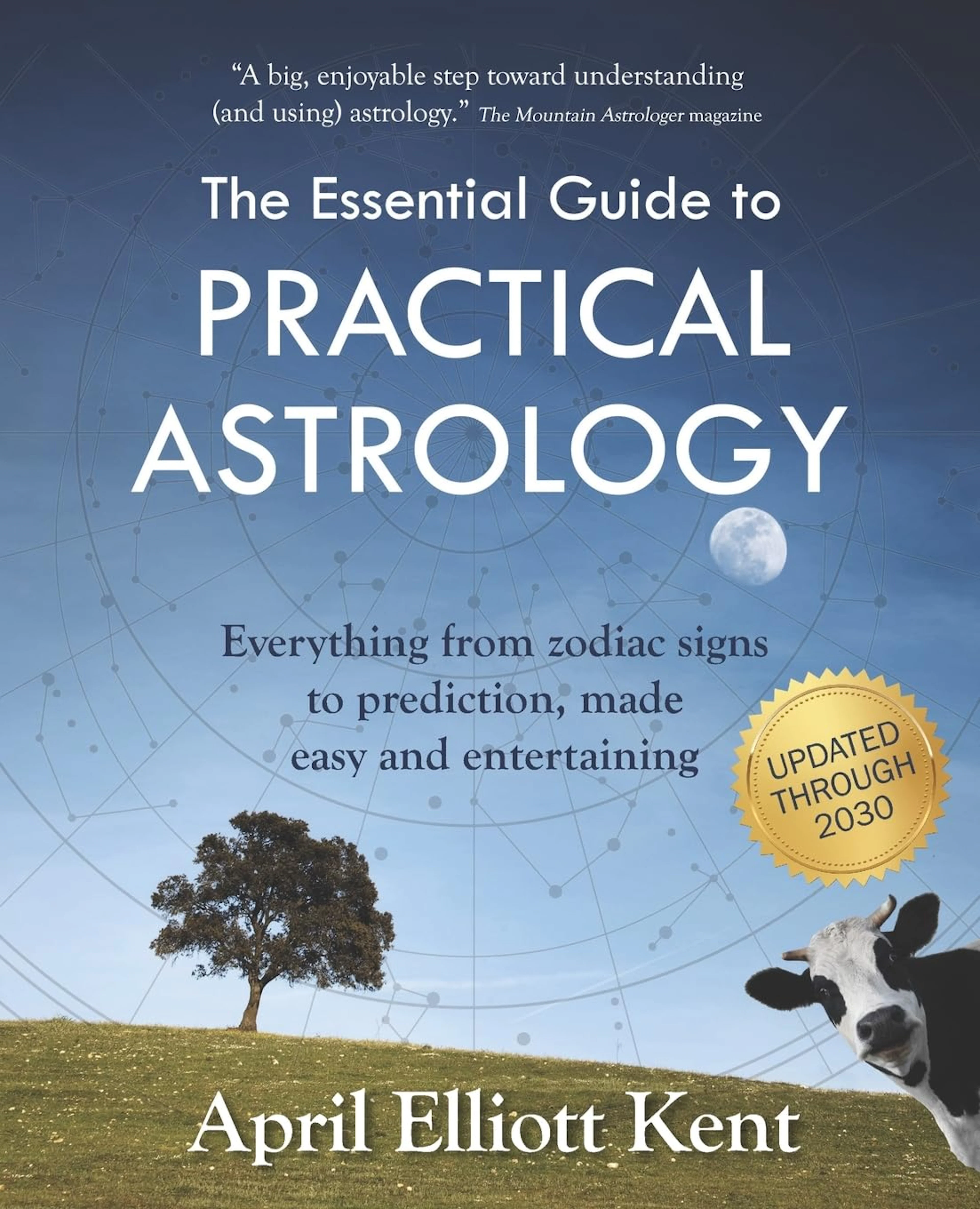
The Essential Guide to Practical Astrology
Best for relatable, conversational writing
If you learn well with a charming mentor who can always make sense of things (and share a laugh) then astrologer April Elliott Kent’s quippy textbook is the starter for you.
Buy from AmazonThis book contains a wide scope of astrology topics, organized with bulleted lists and helpful codes. Along with foundational vocabulary and birth chart interpretation, Kent covers how to use astrology for planning and even making predictions. Above all, she shows how the ancient practice can be useful to you today.
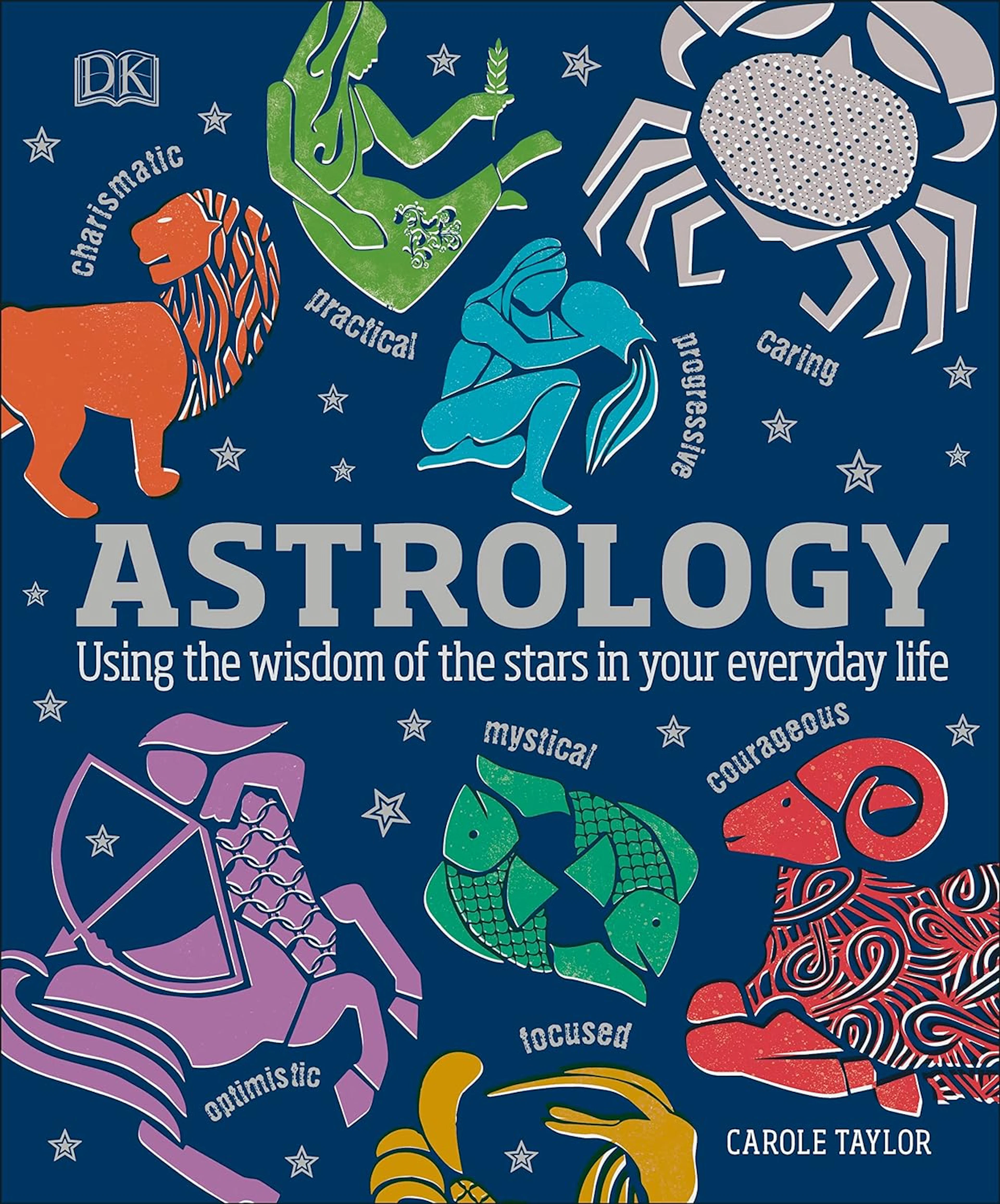
Astrology: Using the Wisdom of the Stars in Your Everyday Life
Best overview for true beginners of all ages
Extremely approachable with vibrant images, maps of keywords and phrases, and concise explanations; great for younger readers and visual learners.
Buy from AmazonSome detractors say that much of the information in Carole Taylor’s intro book can be found online—but so can almost anything? This text is appealing because it’s fun to look at and easy to understand. It might not add much new information for someone who’s already done some astro-exploration, but many learners find that the design helps them better remember key concepts.
